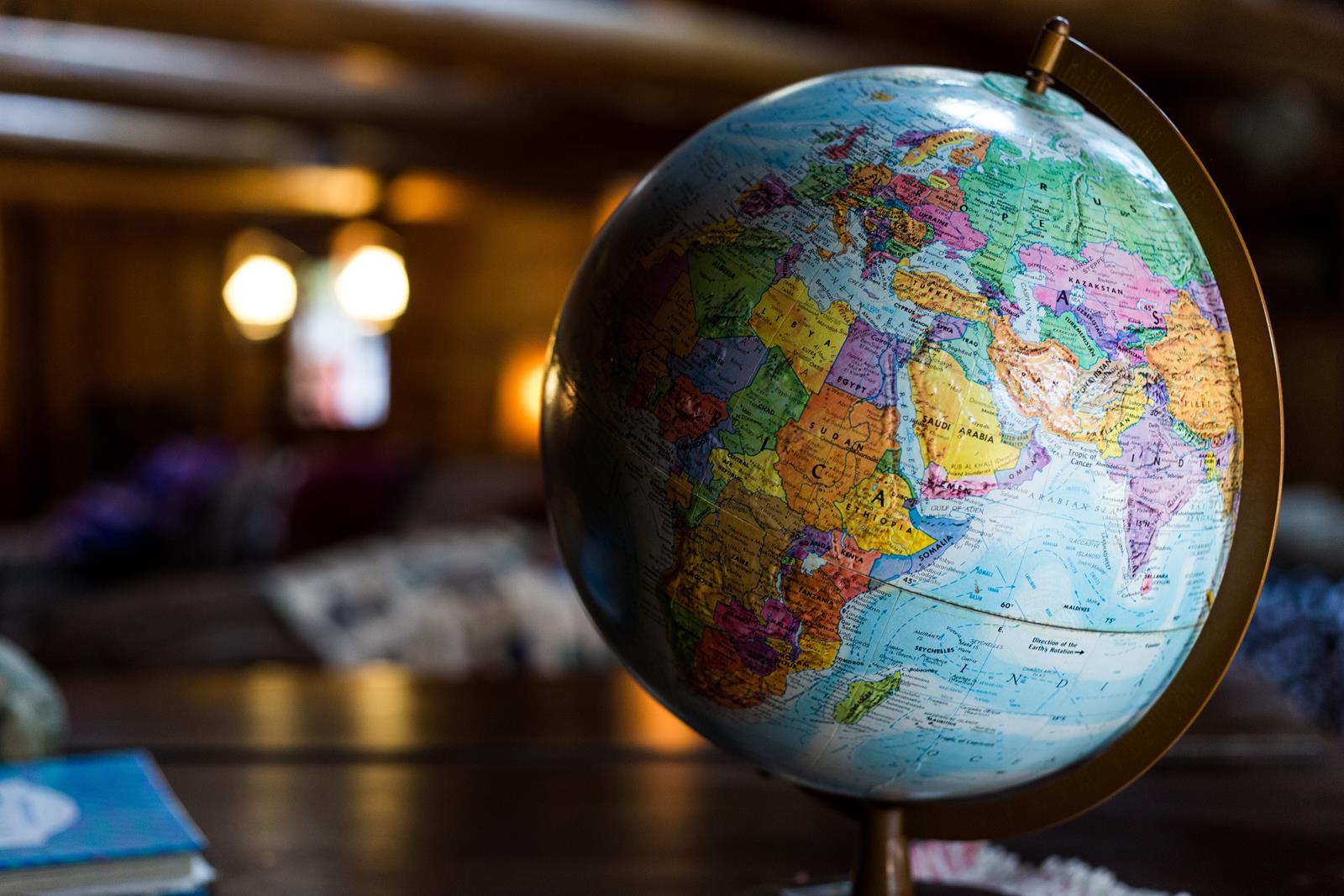Politics is a social science whose object is to explain the workings of political systems. Politics is the group of political activities which are related to the allocation of political status or resources to individuals, groups of people, for the purpose of leading to the achievement of certain political goals. The field of political science that studies government and politics is known as political science. Politics may be studied at the graduate or undergraduate levels.
The most prominent areas of politics are constitutional law, governmental institutions, political philosophy, public policy, international politics, political science and psychology of politics. Comparative Politics deals with comparison of similar political systems, like those of France, Spain, Italy, Greece and United States. It also compares the political systems of different countries. political theory is used to explain various political phenomena. For instance, theories on national politics deal with the existence of parties, coalitions, polarized political coalitions, minority interests, center Left/ Center coalitions and majoritarian interests. Political theory also deals with the representation of the people, their entitlements and power.
Comparative political science is based on a comparative analysis of the various nations and systems. Political theory thus enables political scientists to gain a better understanding of the political systems of different nations. They use comparative perspectives in order to explain various political phenomena. Political scientists use concepts like proportional representation, winner-take-all politics, first-past-the-pole, party-think, propaganda, mob mentality and cultural pluralism to understand politics. In addition to this, political theory helps to explain the legitimacy of legislation, politics as a social activity and the legitimacy of public policies.
Politics is essentially a social activity. Politics involves contestation of societies, institutions and polities. It is a system of values and beliefs that are based on notions of fairness and communal responsibility. There are several types of politics. Some of these include constitutional politics, national politics, international politics, regional or local politics, social-cultural politics, international business politics and local politics.
In political debate, competing political ideas or parties try to convince other voters about their proposals by making arguments and using appropriate forms of symbolism. Often political debate is accompanied by violence. Historically, political debate has been a crucial component in the evolution of societies.
American politics is a unique cross-cultural and historic experiment in interdependent globalism. The distinctive American polity has evolved through many unique patterns of decentralization, individual freedom, intense technological change, highly concentrated labor, and profound geographic concentration. There are three broad perspectives on American politics: a constitutional debate, cultural, and financial. Constitutional debate occurs through the creation of statutory law, which directs the legislative power of the state. In the context of American politics, the chief executive and his office, the U.S. House of Representatives and U.S. Senate, exercise their power through laws. The structure of American government is characterized by checks and balances, which serve to restrict the undue influence of the major political party in the form of campaign finance.
American politics has been characterized by extreme political division, resulting in two major forms of government: one is the federal government with extensive political parties representing diverse interests, and the other is the state government with a divided legislature representing a wide spectrum of interests. Federal government policy is guided by the conception of America as a melting pot of peoples with differing cultures, aspirations, and faith. States play an active role in the formulation of national policy. Democratic party politics, the New Deal tradition, and the Great Depression have marked the history of American politics. State and local governments also play an important role in shaping the overall direction of American politics.
Comparative Politics: A study of similarities and differences. In comparative politics, we try to understand how similar institutions can be found in one country and different ones in another by looking at similarities and differences in their institutional environment, political systems, and character. For instance, politics in the United States has been described as a compromise between extreme individualism and extreme collectivism. Comparative Politics traces the development of politics through the historical record. It investigates the causes of war, the sources of revolution, the distinctions among cultures, and the international relation of the United States and other major nations.


